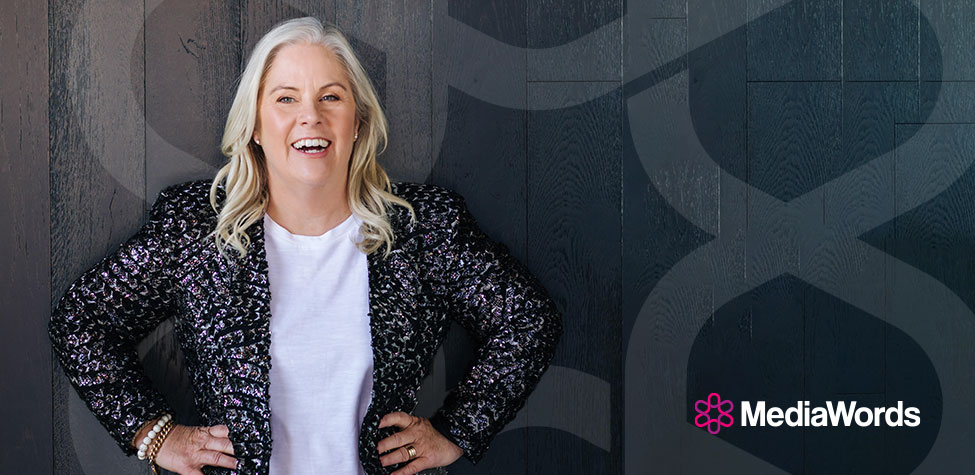That Time I Ordered Fish Iced Tea Instead of Peach Iced Tea… And Why Logos Are Your Best Friend
While on a recent European family holiday, shopping became an unexpected case study in consumer behaviour, and I experienced what we have long known theoretically: brand recognition transcends barriers.
What fascinated me most was how quickly my eyes sought familiar brand logos in a sea of unfamiliar words. That moment, I spotted a brand I knew from home, and it was like finding an old friend in a crowded room.
This experience reinforced crucial lessons about how consumers interact with brands.
- Familiarity Breeds Comfort: I made quicker decisions when I spotted brands I recognised, even when potentially better local options were available. Familiar logos acted as a safety net in an unfamiliar landscape.
- Willingness to Invest: I was more willing to pay a premium for these brands. At that moment, I was trading money for the confidence that came with familiarity.
- Cross-Category Trust: My trust in these brands led me to explore their other products, which I was unfamiliar with simply because the brand represented something I knew.
- The Power of Visual Prompts: Familiar shapes, colours, and symbols were my initial points of attraction. I gravitated toward them before attempting to decode the foreign text around me.
1. The Power of Quick Recognition
Consumer Insight: “I made quicker decisions when I spotted brands I recognised.”
How This Shapes Our Planning:
- Prioritise high-visibility placements where quick recognition matters most
- Front-load branding in video assets (first 3 seconds)
- Select premium positions in high-traffic environments
- Use larger formats in cluttered environments
- Maintain consistent visibility across customer journeys
Strategic Application: When planning awareness campaigns, we prioritise formats and placements that allow instant brand recognition
2. Value of Visual Anchors
Consumer Insight: “Familiar logos became my visual compass… I gravitated toward them before attempting to decode the foreign language.”
How This Shapes Our Planning:
- Select environments where visual branding can cut through
- Prioritise uncluttered media spaces
- Focus on quality of exposure over frequency
- Invest in high-impact formats that showcase brand assets
- Create visual consistency across touchpoints
Strategic Application: In launch campaigns, we emphasise mediums, formats and placements that give brands room to breathe and establish their visual identity.
3. Trust Transfer
Consumer Insight: “My trust in these brands led me to explore their other products.”
How This Shapes Our Planning:
- Build sequential messaging strategies where possible
- Layer brand and product communications
- Create connection points between awareness and consideration
- Use retargeting to expand category exploration
- Leverage first-party data to identify cross-category opportunities
Strategic Application: When planning NPD launches, we start with high-reach brand platforms before transitioning to targeted product messages, allowing brand equity to lead the way.
4. Premium Positioning
Consumer Insight: “I was more willing to pay a premium for these brands… trading money for confidence.”
How This Shapes Our Planning:
- Select premium environments that reinforce brand value
- Create contextual relevance through placement
- Build presence in purchase-decision moments
- Maintain brand safety through premium partnerships
- Invest in quality over quantity
Strategic Application: We always consider environments that match the brand’s positioning. It’s important not to be tempted by high reach or impressions if they have vanity numbers, verified brand-safe inventory, and viewability. .
5. Emotional Connection
Consumer Insight: “It was like finding an old friend in a crowded room.”
How This Shapes Our Planning:
- Identify moments of high emotional receptivity
- Create opportunities for deeper engagement
- Select formats that support storytelling
- Build frequency in contextually relevant moments
- Focus on quality of attention
Strategic Application: We map emotional touchpoints in the consumer journey and select media channels that can deliver both the reach we need and the emotional connection we want.
The Bottom Line
This experience reminds us that effective media planning isn’t just about reaching people and creating the right conditions for recognition, trust, and connection. When we understand how consumers navigate choice and uncertainty, we can better design media strategies that create meaningful brand connections.
In today’s fragmented media landscape, building instant recognition and trust through strategic media placement is valuable—it’s essential for brand growth.






